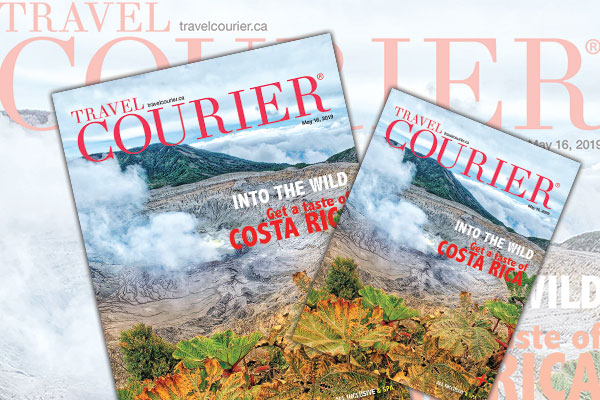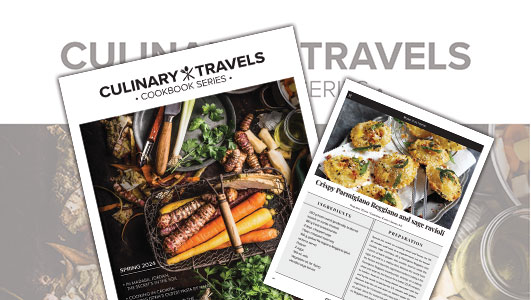Into The Wild

It’s our first morning in Costa Rica and we’ve abruptly come to a stop on the side of the road after passing through Cerro de la Muerte, a scenic mountain range that translates to Summit of Death. A moment of confusion arises as the group tries to decipher what’s going on – are we lost? Are we having car trouble? Until it becomes clear as San Jose-based chef Jose Pablo Gonzalez leaps out of the vehicle and jumps up a nearby poro tree to grab flowers for the group smell, explaining some of the ways locals cook with the ingredient, commonly prepared with beans.
A short while later, he’s at it again, this time collecting sweet granadilla, “a passion fruit from the highlands,” and dividing it up communally for everyone to get a taste.
Foraging for edible goods winds up being a frequent scene over the next week – even while walking along the urban streets of the country’s capital city – on a culinary exploration that takes us to rural farms, avocado and coffee plantations, farmers’ markets and restaurants ranging from sodas, traditional Costa Rican eateries, and breweries to high-end and trendy establishments. It perfectly encapsulates Gonzalez’ passion that “Costa Rica is an edible country.”
A year after passing the bar, Gonzalez left the daily grind behind to study at Le Cordón Bleu Paris and pursue culinary arts in France for five years. Since 2014 he’s been operating Al Mercat, a farm-to-table restaurant in San Jose’s Barrio Escalante neighbourhood, and is on a mission to showcase that the riches of the destination extends beyond exotic animals, mountains, waterfalls and volcanoes.
“Tourism is the No. 1 source of income for our country and we already have these beautiful natural resources that we can show, imagine showing people what we are made of culinary wise,” he tells Travel Courier. “We have so many different produce to work with, our farmers’ markets are the proof of this. The whole edible country is proof that we can have people coming because of our natural resources and coming to taste Costa Rica. Culinary tourism is super important for us because we can show the world what we are made of and people can come and taste these beautiful tropical delicacies that we have in our country, not just because of the natural resources, but for our beautiful food too.”
For the full story, check out this week’s cover story in Travel Courier.


